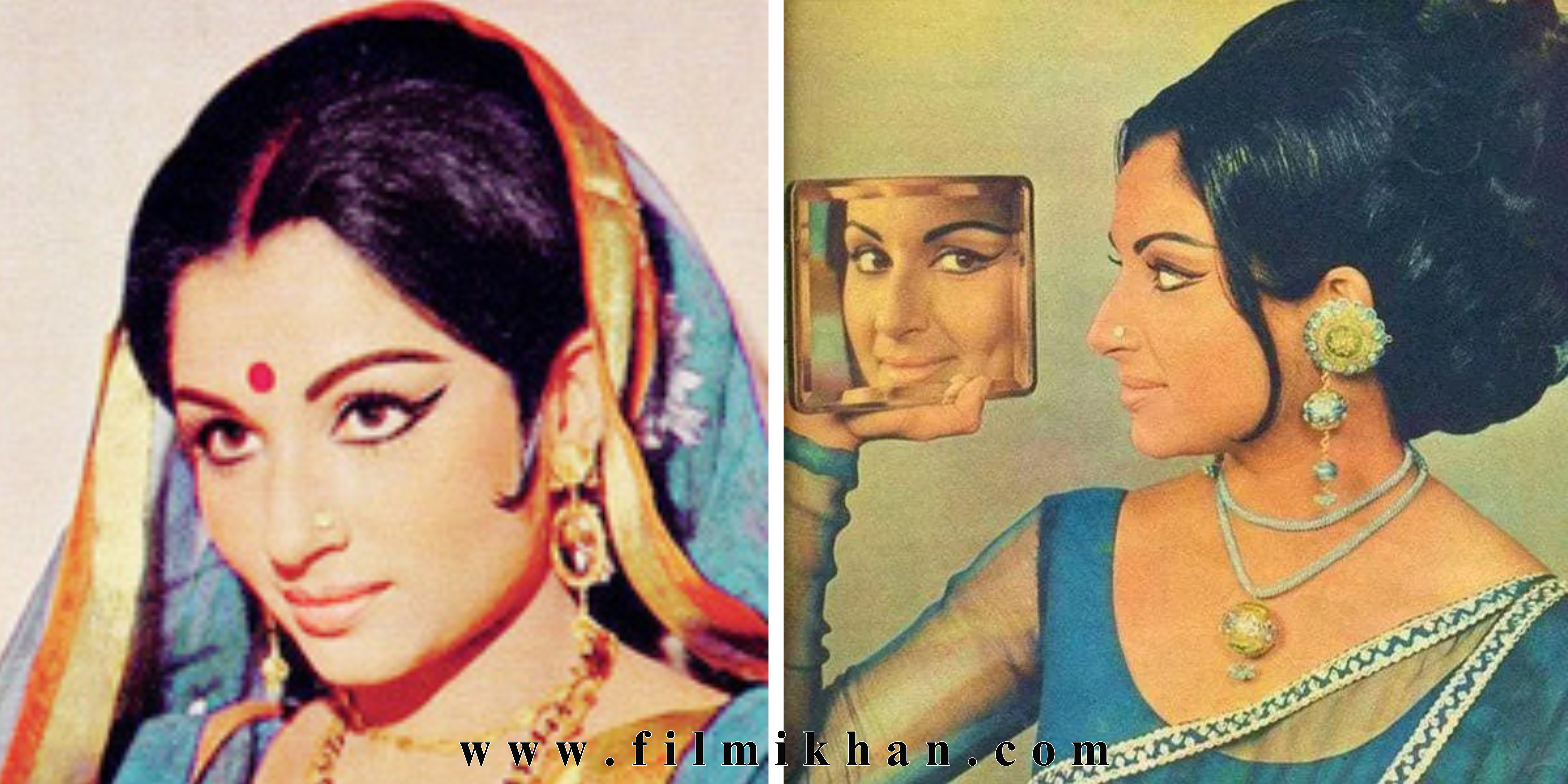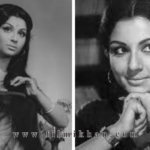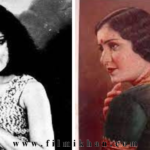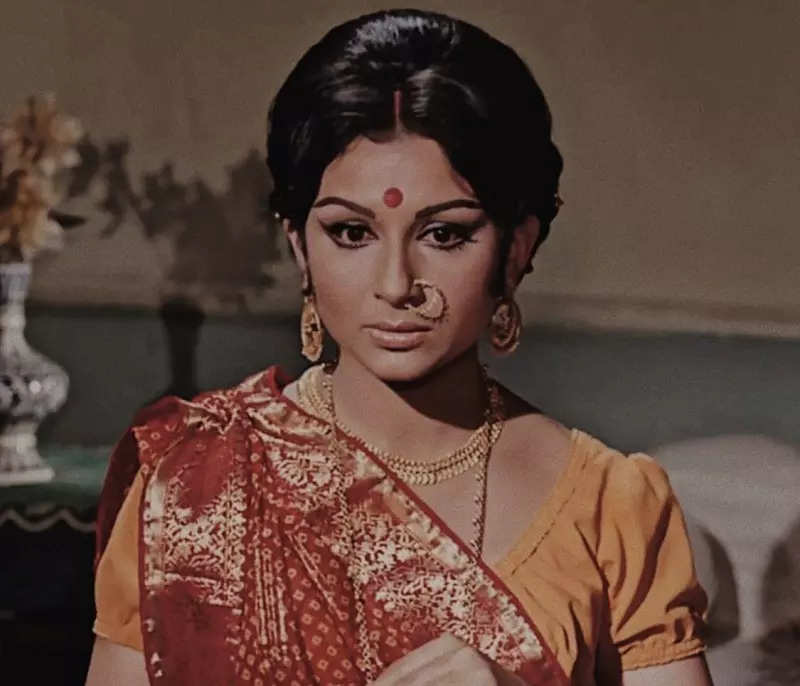
In the illustrious tapestry of Indian cinema, Sharmila Tagore stands as a luminous star, with a career spanning decade and a legacy that continues to captivate audiences. From her early days as a teenage actress to her pioneering roles in Bollywood and Bengali cinema, Sharmila Tagore’s journey is a testament to her enduring talent and versatile performances. In this article, we will explore five timeless films that define her cinematic prowess and three trailblazing contributions that have left an indelible mark on the Indian film industry.
Aradhana (1969):

Picture: Social Media
Sharmila Tagore’s on-screen chemistry with Rajesh Khanna in “Aradhana” is etched in the annals of Hindi cinema history. This film not only catapulted her to stardom but also showcased her ability to portray a range of emotions with grace. Her dual role as the demure Vandana and the strong-willed Aradhana was a masterclass in acting, earning her accolades and establishing her as a leading lady in the industry.
Amar Prem (1972):
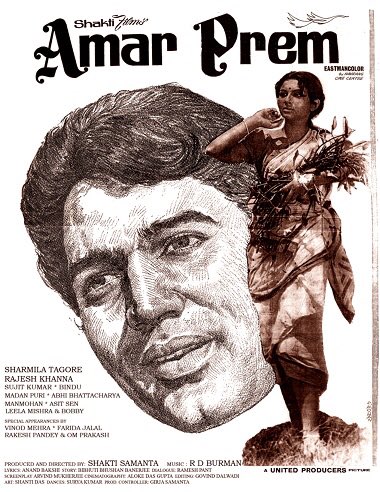
Directed by Shakti Samanta, “Amar Prem” is another gem in Sharmila Tagore’s filmography. Her portrayal of Pushpa, a vulnerable yet resilient woman, won hearts and critical acclaim. The film’s timeless songs and Sharmila’s poignant performance make “Amar Prem” a classic that continues to resonate with audiences.
Devi (1960):
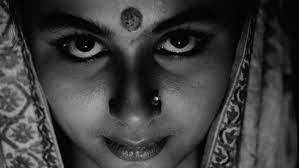
Sharmila reworked with Satyajit Ray in film “Devi” after her debut film ‘Apur Sansar’, showcased her acting prowess at a young age. Playing the role of Dayamoyee, a character caught between religious fervour and personal conflict, she demonstrated maturity beyond her years. The film marked the beginning of a collaboration with Ray, illustrating Sharmila’s commitment to meaningful cinema.
Aranyer Din Ratri (1970):

Sharmila Tagore’s contribution to Bengali cinema is exemplified in her collaboration with Satyajit Ray for “Aranyer Din Ratri.” The film explores the complexities of human relationships against the backdrop of a forest journey. Sharmila’s nuanced performance in this critically acclaimed film solidifies her status as an actress willing to explore diverse narratives.
Mausam (1975):
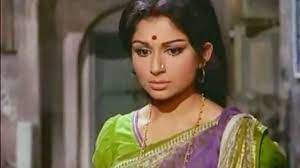
In “Mausam,” Sharmila Tagore delivered a powerful performance that earned her the National Film Award for Best Actress. The film, directed by Gulzar, delves into the themes of love, separation, and reunion. Sharmila’s portrayal of Chanda, a woman torn between love and societal expectations, showcases her ability to convey depth and emotion on-screen.
3 Trailblazing Contributions:
Leadership at the CBFC:
Beyond her on-screen brilliance, Sharmila Tagore made history as the first woman to head the Central Board of Film Certification (CBFC). Her tenure marked a significant shift in film censorship policies, advocating for a more nuanced and liberal approach. Sharmila’s leadership played a pivotal role in shaping the industry’s regulatory landscape.
Advocacy for Gender Equality:
Sharmila Tagore’s impact extends beyond cinema to her advocacy for gender equality and women’s rights. Throughout her career, she has been a vocal proponent of empowering women. Her active involvement in initiatives promoting education and healthcare, especially for underprivileged women and children, showcases her commitment to social causes.
Recognition and Awards:
Sharmila Tagore’s stellar contributions have been acknowledged with numerous awards, including the prestigious Padma Bhushan in 2004. Her recognition extends beyond national borders, making her an international ambassador for Indian cinema. Awards and accolades continue to pour in, reaffirming her status as an icon in the film industry.
Sharmila Tagore’s journey in Indian cinema is not merely a chronological progression of films but a saga of brilliance, versatility, and advocacy. From the golden era of Bollywood to her impactful presence in Bengali cinema, Sharmila has not only defined timeless characters but also contributed significantly to the industry’s evolution. As we revisit five unforgettable films and three trailblazing contributions, Sharmila Tagore’s legacy emerges as a testament to the enduring power of talent, the grace of her performances, and the indomitable spirit that has made her an everlasting icon in the realm of Indian cinema.


